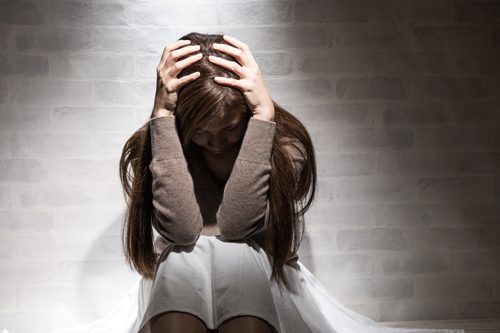 According to the National Council on Drug Alcoholism and Drug Dependence (NCADD), each year, over 200,000 American women die as a result of alcoholism and drug dependence, with more than 4 million women in need of treatment for their addiction.
According to the National Council on Drug Alcoholism and Drug Dependence (NCADD), each year, over 200,000 American women die as a result of alcoholism and drug dependence, with more than 4 million women in need of treatment for their addiction.
While both men and women are susceptible to drug and alcohol addiction, certain gender- and sex-specific issues factor into the equation. The biological differences seen when considering women and addiction have much to do with hormonal contrasts. Researchers who study substance abuse and addiction have identified distinctive issues that directly correlate to women’s drug use, such as hormones, menstrual cycle, fertility, pregnancy, breastfeeding, and menopause. For instance, female sex hormones can make women more sensitive to the effects of some drugs. Additionally, women who use drugs and alcohol often experience more physical effects, such as damage to their heart and blood vessels. Studies also show that women may be more likely to go to the emergency room with a drug-related problem or to die from an overdose or other effects of some drugs.
The National Institute on Drug Abuse (NIDA) says that, “Many life circumstances predominate in women as a group, which may require a specialized treatment approach.”
For example, research has shown that physical and sexual trauma followed by post-traumatic stress disorder (PTSD) is more common in women seeking addiction treatment than in men seeking treatment. Women who suffer from addiction tend to struggle with a higher degree of depression and lower self-esteem. The stigma attached to addiction can be much stronger with women, especially with women who are mothers. Shame, fear, and denial often keep women from acknowledging a substance abuse problem, ultimately holding them back from seeking treatment. Another key element when considering women and addiction is that women tend to self-medicate, whether to relieve depression, anxiety, sleeplessness, boredom, or other issues. If this type of self-medicating is “working,” they will be less likely to see that they are in danger or seek help.
When it comes to addiction, many causes and consequences are unique to the female population. In light of these unique conditions, many treatment programs have opted to have separate gender programs, with much success. Women experience addiction differently than men and, therefore, respond differently as well.
References:
Women and Drugs | National Institute on Drug Abuse (NIDA). (n.d.). Retrieved April, 2017.
What are the unique needs of women with substance use disorders? (n.d.). Retrieved April, 2017.



